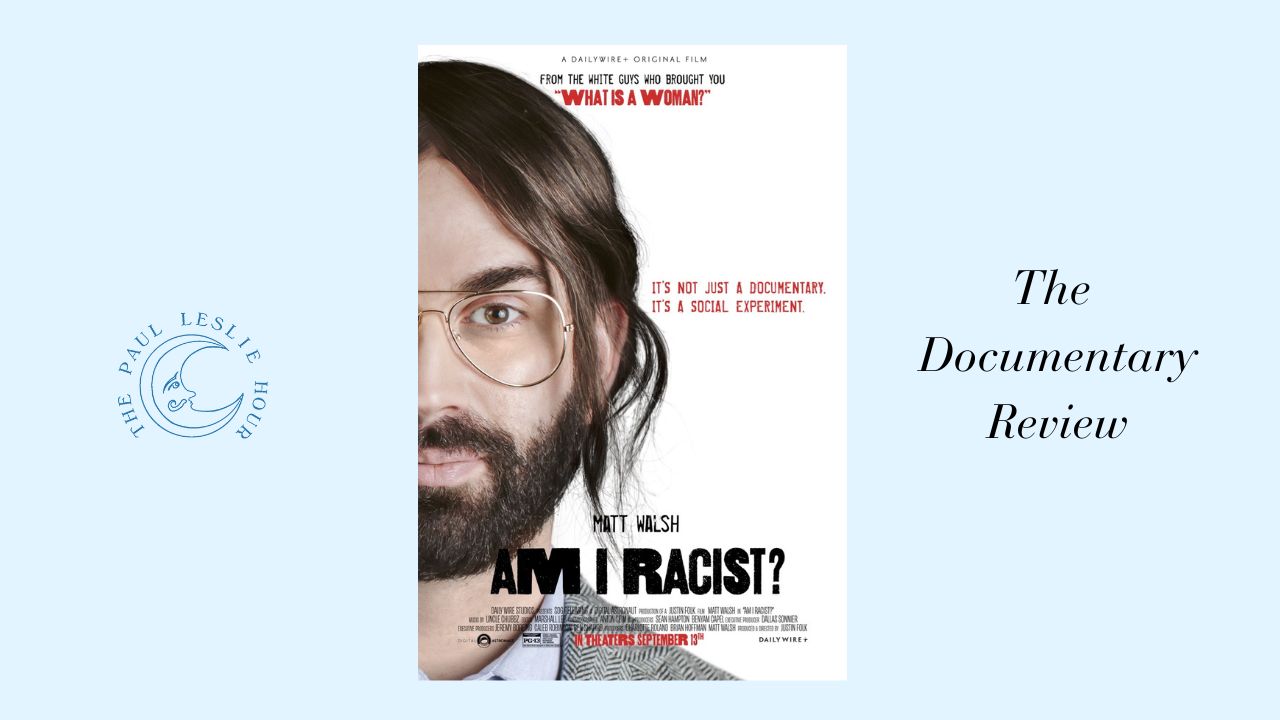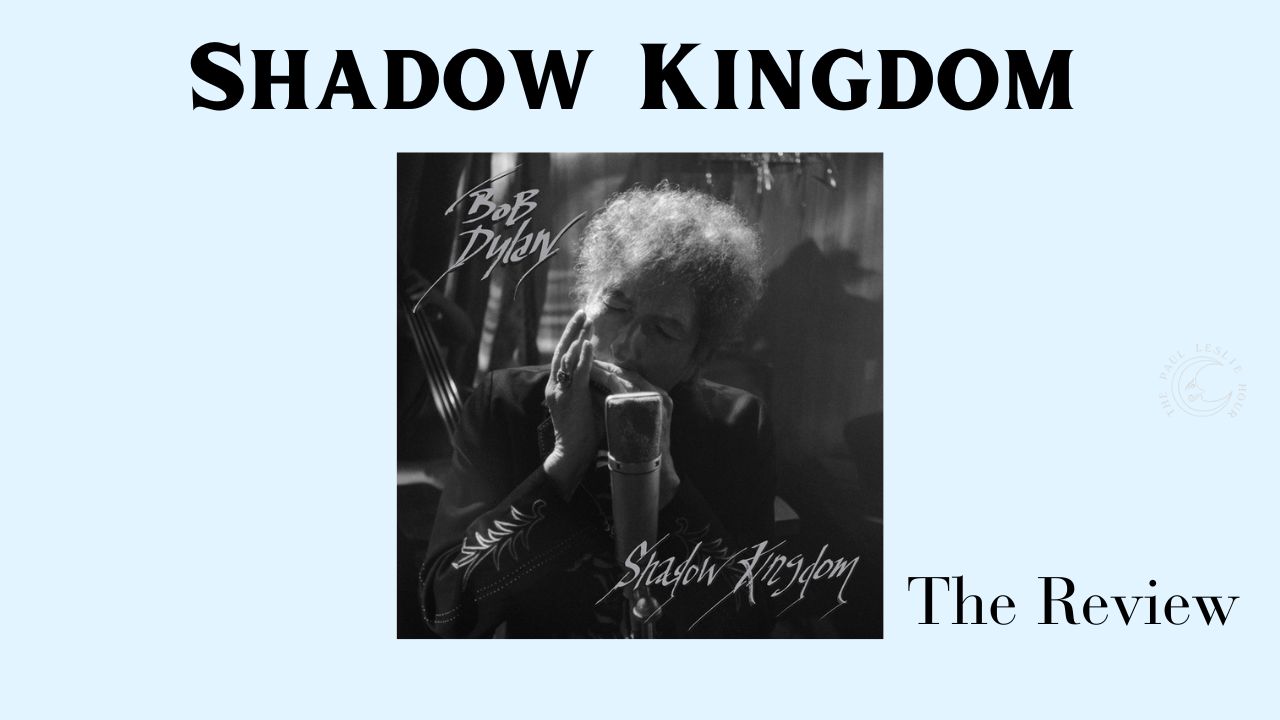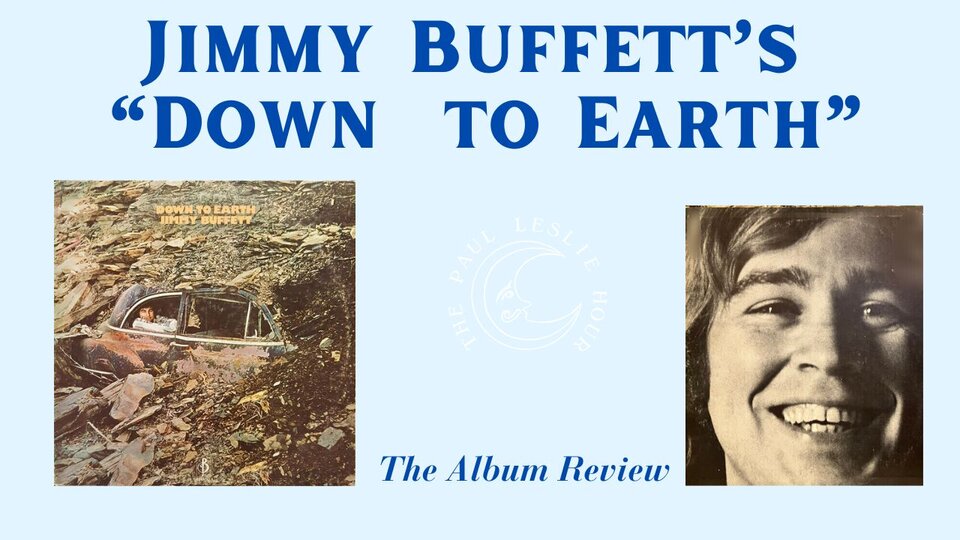Matt Walsh’s return to film is on the big screen this time with Am I Racist? Talk about a provocative title. He has a talent for posing a very simple question like he did with his last film What is a Woman?, and then embarking on a journey to answer, or attempt to hint at an answer. The journey is both an educational one, and a journey in the traditional sense. Matt isn’t afraid to hit the road in pursuit of answers.
They gonna say you’re ‘racist,’
But they call everybody ‘racist.’
I guess that means nobody is racist.
Now it doesn’t mean much when you say it.
–Bryson Gray, “Am I Racist?”
The words “racism” and “racist” seems to be losing its meaning. What was once a serious charge now means different things to different people. Oversaturation of the word “racists” has somewhat removed the sting, but only to some. For others, racism is the predominant theme in America. It’s a lens through which they see everything.
What is considered racism today?
If you saw television in the 1990s, the racists were easy to spot. They even wore uniforms. Sometime in the 21st century “racism” got a makeover. I tried to keep track, but gave up. Timeliness and punctuality, math, grammar – all now called racist. But, we can’t forget picnics and photo IDs. It can be a lot to keep up with.
The terms diversity, equity, and inclusion became sacred ideals and color blindness began to be thought of as not only archaic, but racist. The words of the En Vogue song “Free Your Mind” are no longer in vogue.
What’s going on?
Who are the anti-racism activists and authors?
Am I Racist? is a film that confronts the contemporary crop of anti-racist activists. Or are they really little more than con artists?
Am I Racist? documents Matt Walsh, host of The Matt Walsh Show going into the belly of the beast of the DEI and anti-racism industry. With antiracist workshops making the news and workplaces pushing DEI training on employees, the anti-racism industrial complex isn’t something you can avoid. Where does this come from?
Meet Matt Walsh: DEI Expert
Matt Walsh sought to find out: who are these people really? What is motivating them? What are they really saying? They certainly would never open up to a guy like Walsh. You know, one with traditional values who knows the definition of woman. So Walsh created a new Matt – an antiracist persona. Nothing too drastic: skinny jeans and a wig styled into a man bun. Meet Matt the certified DEI expert.
But, before he adopted this hipster character, he sits down with Kate Slater who is the co-author of something called The Anti-Racist Roadmap. Not to get too off track, here’s a nugget from that: “We can’t abolish White supremacy without abolishing capitalism.”
Walsh meets with many anti-racist “experts”
In her talk with Matt, Slater gets to the point. You need to read the anti-racist gospels for sale at the bookstore and if you’re not applying what you’ve learned “then you’re no good.” Your compliance and submission are non-negotiable. Your own critical thinking aren’t required or welcome.
I don’t think anyone could pull this encounter off like Matt Walsh. He managed to keep a straight face in spite of all of the cringey things this woman said. This could be said of all of his interactions in the film.
Walsh did take Slater’s advice and goes to a bookstore in Boulder, Colorado to load up on anti-racist books. Who knew there were so many? The woke bookstore employee who helps him pick material even defines one of today’s buzzwords. Diverse means “basically people who aren’t white.”
With his new library of anti-racism books, Walsh sets out for answers. He encounters many of these anti-racist hucksters, some of them are the authors of these very books. With every meeting, there is a price reveal. Speaking to one of the self-proclaimed experts on anti-racism and whiteness doesn’t come cheap. The filmmakers don’t beat us over the head with this, but instead give us subtle reminders.
The bottom line for all of these so-called experts is lots of money. This is true with Breeshia Wade’s workshop which is a mix of Buddhism and anti-racism. It’s also true with Regina Jackson and Saira Rao of Race2Dinner where white women pay to eat and be told how intrinsically irredeemable they are.
Want to feel bad about yourself? It costs money and these charlatans want you to pay up. You’ll never not be a racist, they say, but for the right price one of the self-appointed experts in the anti-racism industrial complex will at least categorize you differently than Republicans.
Humor is the best way to confront these grifters
Walsh’s humor brings a sense of lightness to the film, but also leads the viewer to a more important truth: comedy and mockery are kryptonite to these quacks.
Walsh advances through the cadre of NPR demigods and comes face-to-face with the final boss of DEI grifters: Robin DiAngelo, author of White Fragility. She had no problem listing he famous brands that were bamboozled by her babble and paid for her expertise on whiteness and inherent fragility. Unsurprisingly, this includes Netflix, Amazon and Google.
If there is still any doubt about how ridiculous these people are, just look at what Matt can convince her to do. I won’t spoil it for you. Clearly, these are weak people. They’re looking for other even weaker people to serve as hosts.
It’s an entertaining ride Matt Walsh takes us on. At times it’s poignant and funny. But, one of the most succinct messages in the film can be found in the theme song, written by rapper Bryson Gray. These grifters attempted to abscond with a word and most people don’t know what it means. A lot of people and the media used the words racism, bigotry and prejudice interchangably which is inaccurate. But now to add to the confusion, these antiracist authors and activists have argued that only they get to decide what it is. Don’t let these grifters redefine the word.
Am I Racist? is recommended viewing
I recommend you go see Am I Racist? When you get in line to buy the ticket, say the name of the movie as loudly as you can. If anyone tries to quiet you, you can always accuse them of tone policing.


